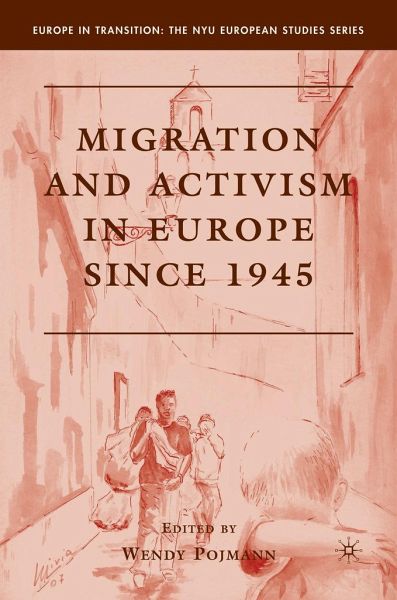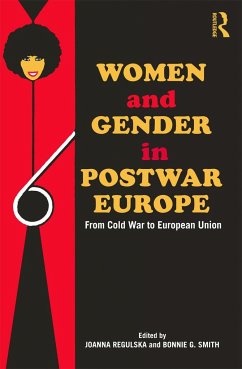
Migration and Activism in Europe Since 1945
Versandkostenfrei!
Versandfertig in 6-10 Tagen
83,99 €
inkl. MwSt.

PAYBACK Punkte
42 °P sammeln!
The political and social activism of immigrants to Europe since 1945 takes the spotlight in this volume. Each chapter draws on research from international scholars, offering a riveting look at a variety of migrant experiences and providing welcome comparisons of the impact of migration on different countries.














